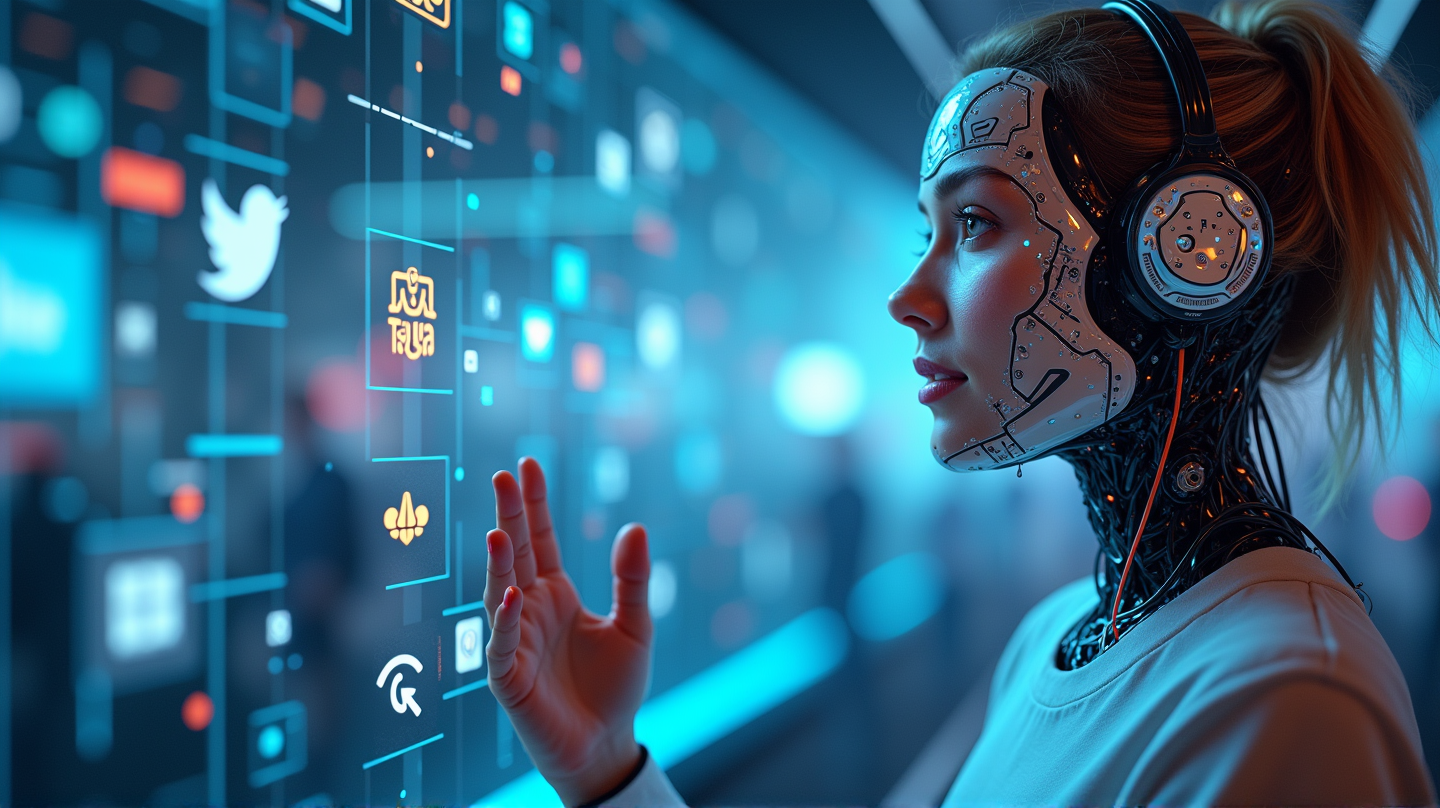As the curtain lifts on a new chapter in the world of social media, a digital phenomenon is quietly taking center stage. AI influencers—digital personas that blend flawless beauty with the power of algorithms—are invading our feeds with stunning visuals and engaging content. But as these virtual figures grow in popularity, a deeper conversation emerges about the psychological and ethical ramifications they bring along.
The Illusion of Perfection
There’s no denying that AI influencers, like Aitana Lopez and Mia Zelu, turn heads with their symmetrical features and impossible physiques. Crafted to perfection, these virtual personas captivate audiences with their adaptability, appearing at events they never attended or modeling clothes they’ll never wear. However, this perfection comes at a cost. According to Daily Mail, repeated exposure to such hyper-realistic images can subtly alter perceptions of beauty, leading individuals to compare themselves to unattainable standards.
Behind the Digital Curtain
These AI figures are not mere digital creations; they are commodities, expertly designed with marketing strategies in mind. Agencies like The Clueless have capitalized on this trend, creating personas that not only engage but also participate in commercial campaigns. Yet, this raises questions about the commodification of digital individuals and the roles they play in shaping internet culture.
The Psychological Impact
Experts have sounded the alarm on the possible consequences of AI influencers. The consistent portrayal of unrealistic bodies and faces can erode self-esteem and foster unhealthy comparisons, especially among young and impressionable audiences. Paradoxically, as these shimmering avatars create connections with followers, they promote a narrative that flawed human emotions and imperfections are obsolete.
Ethical Dilemmas in the AI Age
The rise of AI influencers is not without controversy. While they offer cost-effective solutions for brands, they erase the need for real models, photographers, and creatives, leading to job losses and an erosion of authenticity. In a world that prioritizes digital perfection over human creativity, the internet may become oversaturated with content that lacks genuine human touch.
Blurring Lines Between Reality and Fantasy
As influencer accounts on platforms like Instagram link to adult content on sites such as Fanvue, the line between fantasy and reality becomes increasingly blurred. With audiences becoming unknowingly involved in one-sided relationships with digital avatars, solid trust foundations are weakened. Within this digital dialogue, audiences deserve transparency about the nature of the influencers they engage with.
A Future Reimagined
As the presence of AI influencers on social media grows, the industry faces a critical turning point. These virtual icons offer a fresh lens through which the intersection of technology and humanity is viewed. Moving forward, it will be essential for creators and brands to reflect on how these digital figures are integrated into our cultural fabric, ensuring they enhance, rather than detract, from authentic human experience.
Unquestionably, AI influencers have ushered in an era where reality is what you make it. However, as we navigate this brave new digital sphere, one must ask: in a world of immaculate illusions, where does true value lie?
